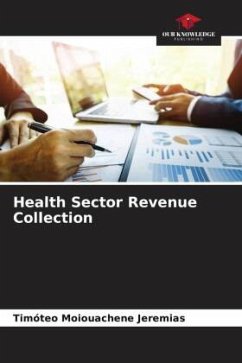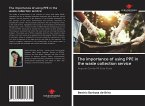Budget deficit exists all over the world, both in developed and developing countries. The WHO Report considers the health budget of African countries as one of the greatest obstacles to universal health coverage, suggesting the strengthening of user fees. In Mozambique, the state budget is also deficient for universal coverage of health services, hence the need to resort to other sources of resources, such as own and consigned revenues. The research carried out in this area aimed at identifying the revenues collected and their provenance, determining and describing the mechanism of operation, as well as their contribution to the budget of the institutions. This research was descriptive with retrospective analysis of secondary data existing in the Central Hospital of Maputo. It included data from the balance sheets, as well as information collected from the HCM accountants.
Bitte wählen Sie Ihr Anliegen aus.
Rechnungen
Retourenschein anfordern
Bestellstatus
Storno








